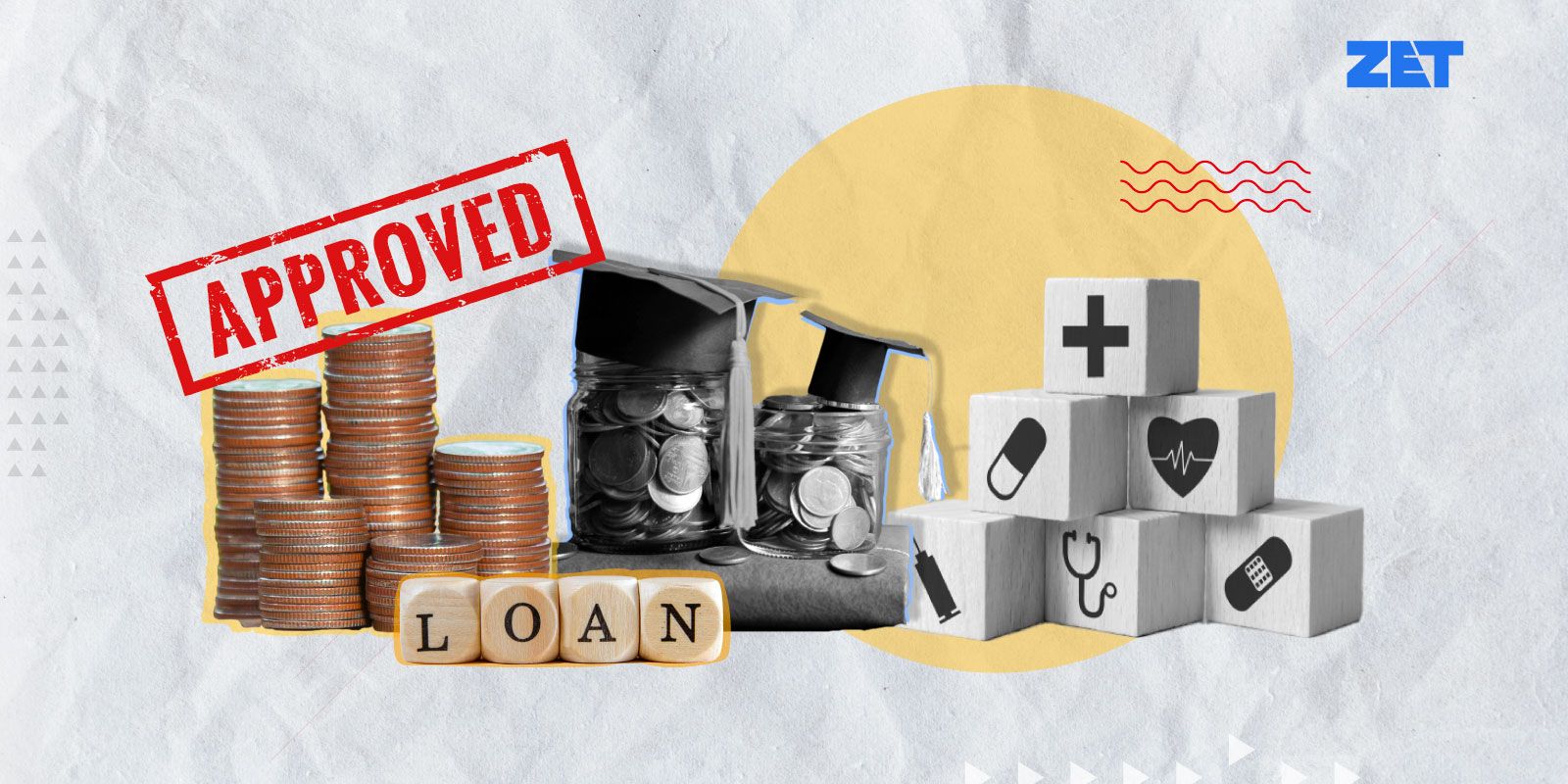July 5, 2023 · 5 mins read
Santosh Kumar

Getting a loan in India is a big financial decision, but the process of getting approval can be complicated. In this blog article, we will tell you the step-by-step process of how loans are approved in India. Understanding this process will help you make smart choices when applying for a loan, improving your chances of success.
First, figure out why you need a loan and the type of loan that suits your needs. It could be for personal reasons, buying a home, starting a business, or something else. Knowing your loan requirements is very important.
Every loan application needs specific documents. Collect all the necessary documents, such as proof of identity, address, income, and bank statements. Make sure the documents are correct and up-to-date to avoid delays in the approval process.
Look for different lenders in the market and compare their loan offers. Find lenders with fair interest rates, flexible repayment options, and good customer service. Compare their requirements, fees & charges, and reputation to find the best one for you. If a bank loan agent is not providing you with the best offer, you can explore loan offers online.
Submit your loan application to the chosen lender. Visit their office or do it online. Fill out the application form accurately, giving all the necessary details and supporting documents.
Once you submit your application, the lender will check and evaluate it. They will look at factors like your ability to repay the loan, stability of your income, employment history, and other relevant information. They may also check your credit score using credit bureaus like CIBIL.
If your application meets the lender's requirements, you will receive an approval offer for the loan. The offer will include details about the loan amount, interest rate, repayment period, and other terms. Read the offer carefully and ask any questions before accepting it.
After accepting the loan offer, you'll need to sign the loan agreement and provide any additional requested documents. Make sure you understand all the terms and conditions in the agreement before signing it.
Once all the necessary paperwork is completed, the lender will give you the loan. The funds may be deposited directly into your bank account or given as a demand draft or cheque, depending on the lender's process.

In urgent need of money, it is best to apply online and get instant funds in your account. Money-earning apps like ZET can help you find the best loan offers. ZET has tie-ups with major banks and financial institutions, where you can choose what you want, not what is given. Not just this, through ZET you can also become a DSA loan agent and sell loans, and earn ₹1 lakh every month. Download the ZET App today.
Understanding the loan approval process in India is important to have a smooth borrowing experience. By following these simple steps, you can navigate the process with confidence and improve your chances of getting the loan you need. Remember to assess your needs, research lenders, gather all necessary documents, and carefully review loan offers before making decisions.
1. What criteria do lenders typically evaluate when deciding to approve or reject a personal loan application?
While approving or rejecting a personal loan application, lenders consider factors like credit score, credit history, income details, employment status, and KYC details.
2. Where can I use the money disbursed through a personal loan?
It is your money; you can use it wherever you want, such as for home renovation, travel, marriage, or making a purchase.
3. Which documents are typically required as income proof for different types of loan applicants?
For individuals who are employed:
For self-employed individuals:
These documents are typically requested by lenders to assess the income stability and repayment capacity of loan applicants.
4. What will happen to my credit score if my personal loan application gets rejected?
If your personal loan application is rejected multiple times, it will lower your credit score. Lenders check your credit history each time you apply for a loan, and this can negatively affect your credit score.
5. How can I improve my credit score?
To improve your credit score, pay all your debts on time, check your credit report for any issues and resolve them, and avoid using more than 30% of the credit limit provided by your credit card. Additionally, there are other factors that can help improve your score. You can find more information on these factors by reading this blog article - Building Credit: How to Create Your Credit History From Scratch?
Build and Maintain a 750+ Credit Score